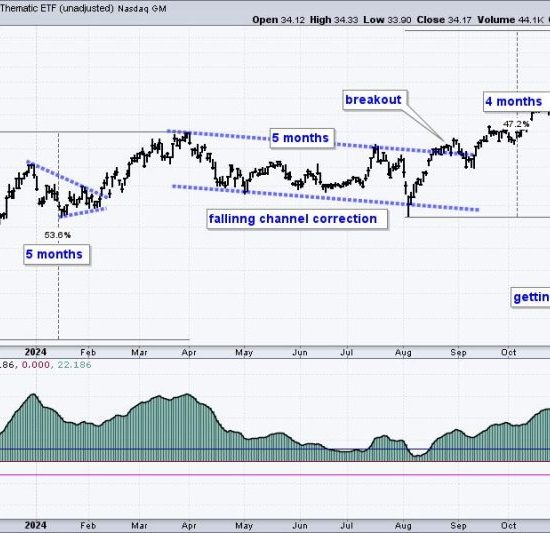The Phenomenon of Record Stock Market Levels: Understanding the Dynamics
In the modern economy, achieving record levels in stock market valuation is a phenomenon that financial experts, investors, and economists incessantly monitor. It is a significant occurrence that showcases robust economic activity and further potential for growth. Recently, record-breaking heights have been witnessed in global stock markets, demonstrating a robust bullish trend. However, alongside these extraordinary gains, there cometh a looming shadow – inflation.
Inflation, in basic terms, is the rate at which the general level of prices for goods and services is rising and subsequently, purchasing power is falling. It has been an omnipresent aspect of global financial markets, including those that have recorded significant growth recently.
The Connection Between Stock Market and Inflation
The relationship between stock market performance and inflation is not always straightforward. On the one hand, inflation can be favorable for stocks because companies can pass increased costs onto consumers. In such cases, the stock market could potentially prosper even in the face of higher inflation. On the contrary, if inflation becomes too high, inducing a decision from central banks to hike interest rates, it can increase the cost of borrowing. This may cause a downturn in business investments, thereby affecting the profitability of businesses and stock market performance.
While highly inflationary environments can pose significant risks to investors, an understanding of how to navigate these financial terrains can turn risks to profitability. Corporate earnings are significant determinants of stock prices. Hence, if corporations record increased earnings as they cope with inflation, their stock prices could surge, benefitting shareholders.
Inflation Effects on Investors and Precautionary Measures
Inflation impacts vary depending on its rate. Moderate inflation is usually a sign of a healthy economy. It typically indicates that consumers are consuming more, leading to increased production and therefore bolstered corporate profits. However, if the inflation rate rises too fast and becomes more than the economy’s growth rate, it could lead to an inflationary bubble. Consequently, stock prices could plummet abruptly as investors begin to offload their stocks, anticipating lower returns.
To safeguard oneself from inflation’s potential swings, investors need to be strategic. One approach can incorporate inflation-protected securities into investment portfolios. Such securities’ value rises with inflation, protecting the investor’s purchasing power. Additionally, investing in sectors historically known to perform well even in inflationary periods, such as technology or healthcare, could also be beneficial.
Furthermore, diversification remains a vital tool for guarding against possible inflation impacts. A balanced portfolio might include a mix of stocks, bonds, real estate, and other classes of assets that respond differently to inflation.
Stock Market Pricing and Inflation Expectations
Public sentiment can significantly influence how stock markets respond to inflation. If the public expects high inflation, many will convert their cash into investments to maintain purchasing power. This can lead to a surge in stock prices, pushing indices to record levels.
However, whenever the narrative begins to focus on an inflationary spiral, it’s crucial to separate the potentially harmful effects of runaway inflation from the more benign influences of rising prices within a growing economy. Understanding this difference is key to navigating the tumultuous water of investing in a market hitting record levels.
In essence, while recent stock market levels are remarkable and hold many exciting opportunities for investors, there’s a need to remain cautious. The specter of inflation is ever-looming, and understanding its potential role is key for making informed, wise investment decisions. Ultimately, understanding the dynamics between inflation and market performance will help investors better chart their investment course on the tide of booming stock markets.




